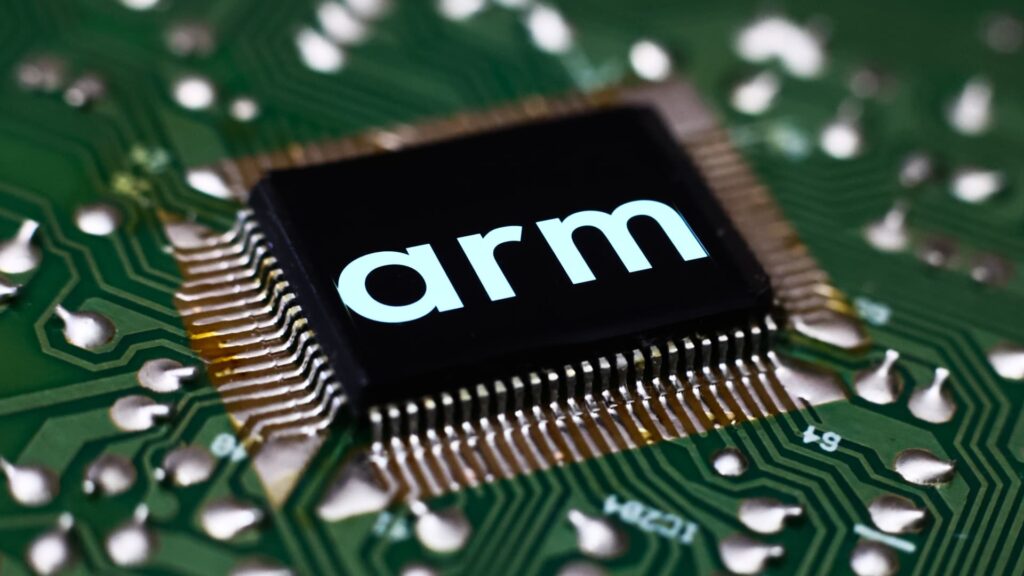Morgan Stanley says the global semiconductor industry is undergoing a “transformation” thanks to artificially intelligent PCs powered by chips developed by British chip designer Arm. Because running AI applications requires a more powerful PC. Morgan Stanley noted that Microsoft requires new AI PCs to have 45 tera operations per second of computing power to properly run its AI tool CoPilot on its laptops. “Running generative AI apps in the background will be a key challenge for future laptop battery life and thermal design,” the bank's analysts wrote in a May 7 report. Morgan Stanley notes that arm-based central processing units are known for their energy savings and thermal control, which translates into longer battery life and more compact designs, and that they “offer significant advantages in power efficiency.” ” he added. The bank therefore expects Arm-based AI PCs to “start a transformation that will impact the global semiconductor industry.” Currently, his regular Windows PC runs on his Intel, AMD, Qualcomm, etc. processors. Morgan Stanley added that it believes Apple has the potential to extend Arm-based CPUs to AI servers as well. The bank estimates that the penetration rate of AI PCs will reach 95% by 2027 from 8% in 2024. Assuming that NVIDIA and fabless semiconductor company MediaTek will capture 50% market share of Windows on Arm (WOA) PCs in 2028, total shipments of WOA PC chips will reach 65 million units in 2028. It is expected. The number of such chips shipped in 2024 will be 2 million. Windows on Arm is a term used to describe AI PCs running on Arm chips. Which stocks will benefit from Arm's move into AI PC? Morgan Stanley named TSMC, MediaTek, Nvidia, Qualcomm, Microsoft, and Arm itself. PC OEMs that are “committing resources” to WOA devices should benefit as well, the company said. It's an “interesting story” that Nvidia and Taiwan's MediaTek are expected to partner to launch the first WOA PC CPU chip. The two companies are already collaborating to develop automotive chips and software. MediaTek's price target was raised by 8% to NT$1,388 ($42.81), suggesting an upside of nearly 27%. As for TSMC, Morgan Stanley says its foundry market share in the x86 CPU market will grow. x86 is a widely used architecture for CPUs. This is thanks to Intel's outsourcing of CPU production and AMD's growing market share, and given that TSMC is AMD's main foundry partner, this should bode well for TSMC. “However, TSMC's foundry market share for Arm-based CPUs is much higher than for x86, as Intel still produces most of its x86 CPU products,” Morgan Stanley said. “Thus, we believe Arm's increasing share of x86-based CPUs is positive for TSMC, and we believe that the prevalence of Arm CPUs could generate more revenue for TSMC than x86 in the coming years. ” The bank raised its price target for TSMC by 8% to NT$928, which could represent a 16% upside. —CNBC's Michael Bloom contributed to this report.


